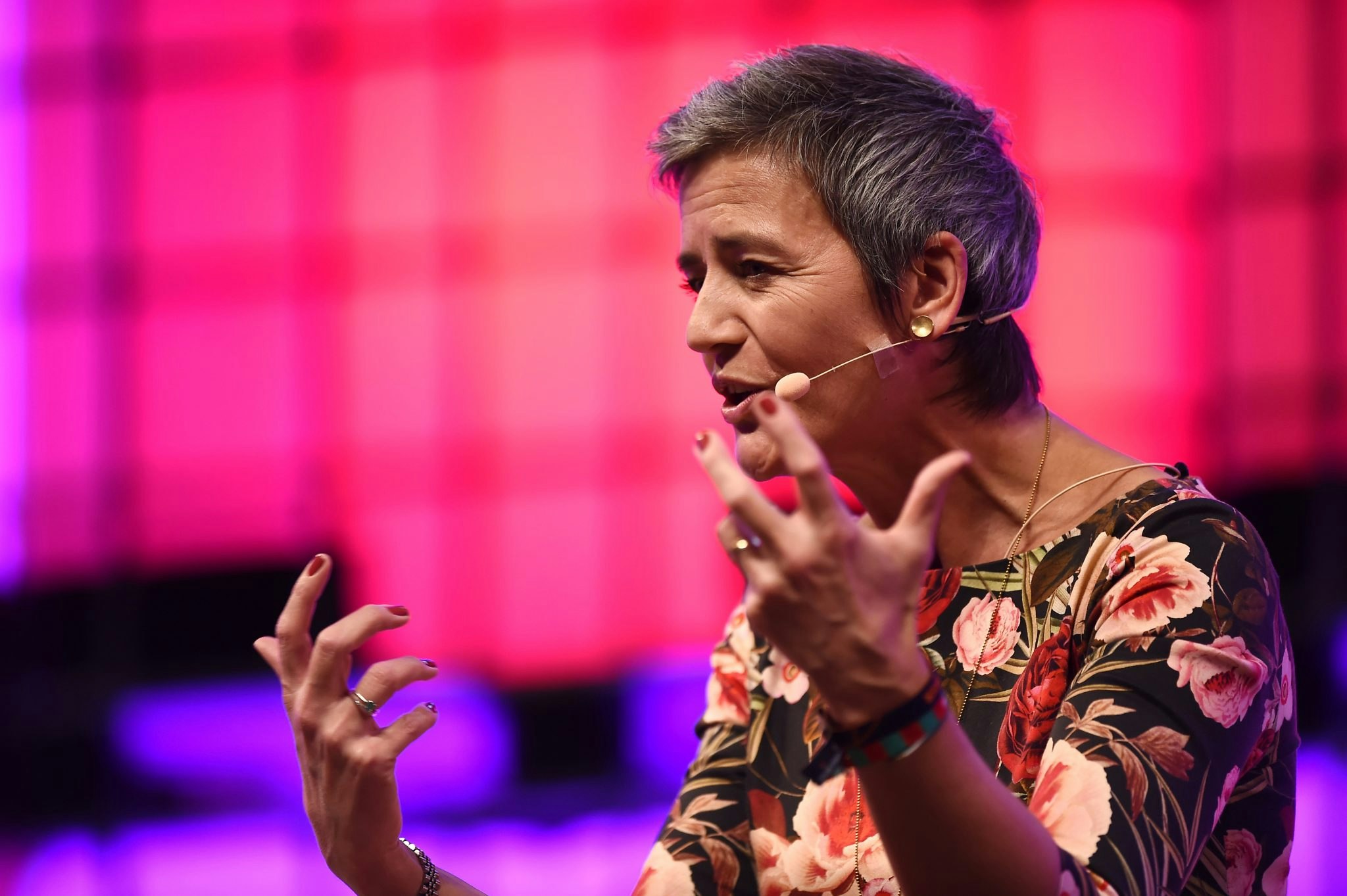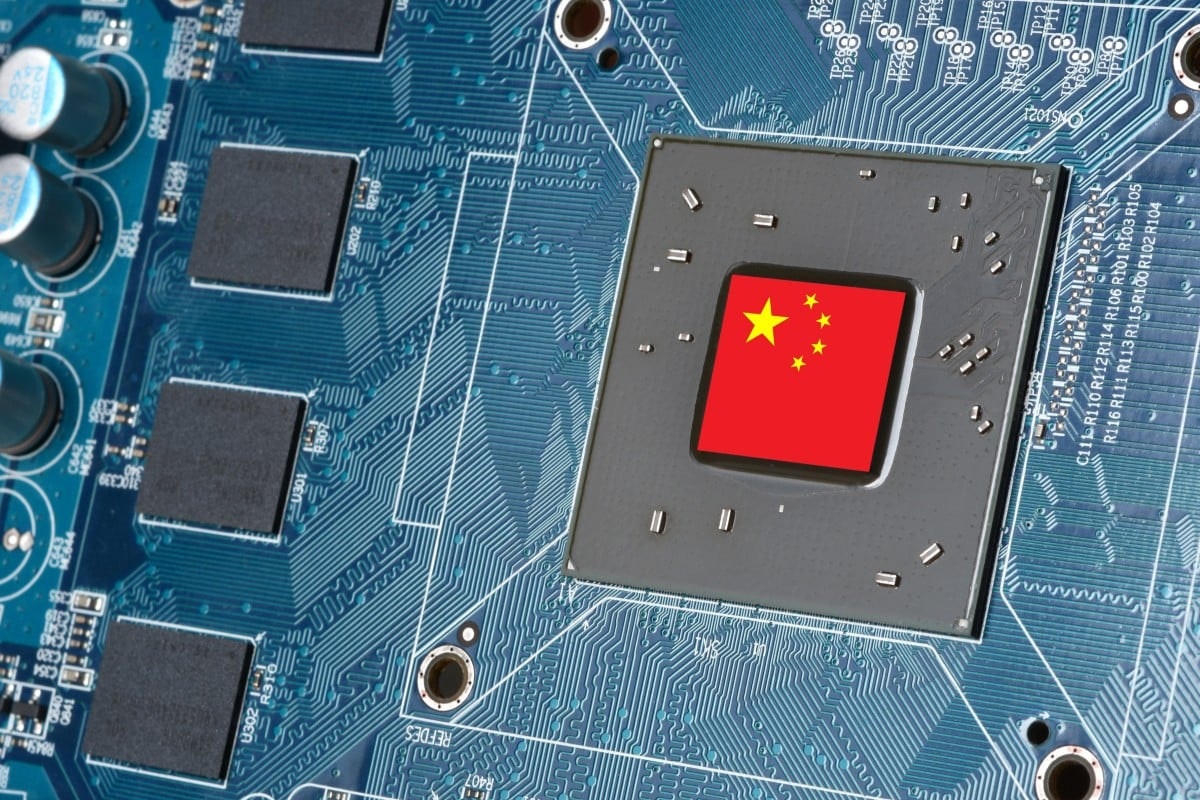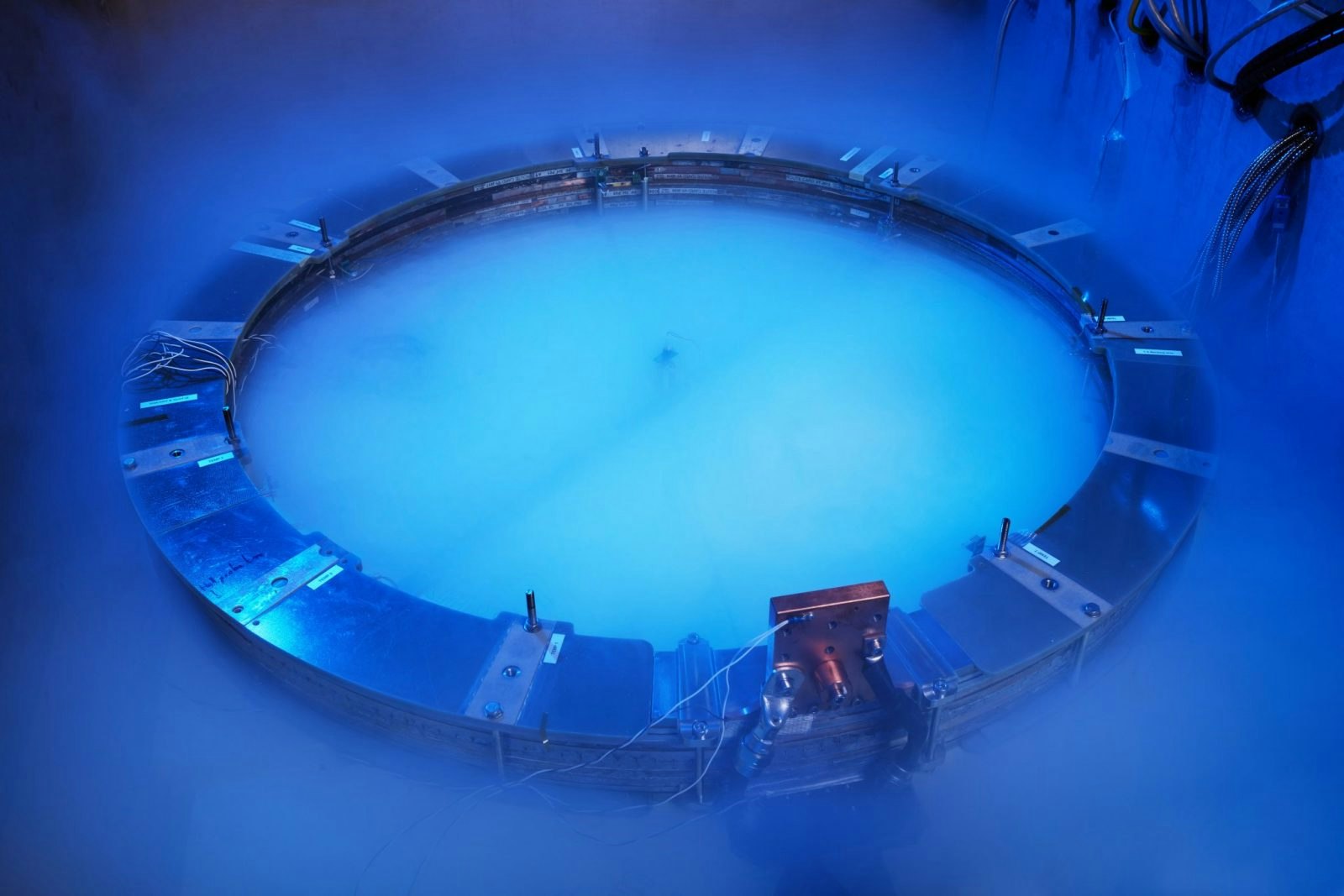Aphra Upton, aged nearly two, rubs gingerbread-sticky hands over her father’s face and tries to clamber up his shirtfront. She is eloquently underscoring the point Eben Upton has just been making: designing something sturdy enough for kids is difficult and if you can get that right, it will pretty much work anywhere else.
“If you can make something robust enough to survive that,” he says, nodding at his daughter and clutching the hem of her dress to stop her pitching over the edge of the banquette seat, “it is probably robust enough to survive running in your factory.”
This is the story of the Raspberry Pi in a nutshell. The tiny, cheap, pared-back computer was invented by Upton in 2008 to inspire children to learn coding. Upton, then an academic at Cambridge’s Computer Laboratory, was originally expecting to sell somewhere between 1000 and 10,000 units. Instead it has sold over 25m units, not just to children and computer hobbyists but increasingly to industrial and business users, becoming the best-selling British computer of all time. Some 3m units last year went to business users such as factories and hotel chains.
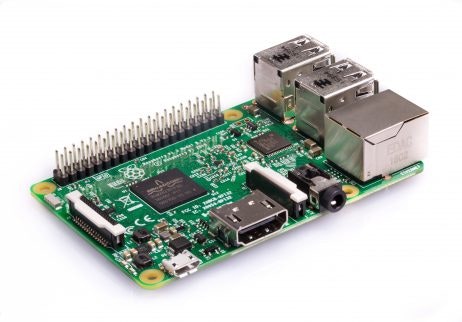
And Upton now has an unusual problem for a hardware designer: he can’t seem to stop making money.
“We weren’t supposed to make any money from the machine, there wasn’t supposed to be any surplus, maybe just a tiny amount on each machine. But a little bit of money on each unit times 25m turned out to be quite a lot,” he says.
About £28.5m, in fact, which has helped Upton set up the Raspberry Pi Foundation, a charitable organisation that promotes coding skills. It owns the coding schools Code Club and Coder Dojo as well as five magazines — it just bought two more from Dennis Publishing in February — and earlier this year opened a physical store in the centre of Cambridge.
I'm getting teased that with first magazines and now retail there is no dying industry that I don't want to get involved with.
“I'm getting teased that with first magazines and now retail there is no dying industry that I don't want to get involved with,” laughs Upton, tucking into a fat wedge of sausage butty.
We’re at his favourite breakfast place, The Elk in Burwell near Cambridge, where the lattes are strong and Aphra can get her own babyccino in a tiny cup. [In case you are wondering, we don’t have any raspberry pie, although Upton has a berry and lemon slice and I have an apricot-filled pastry. Aphra decapitates a gingerbread man.]
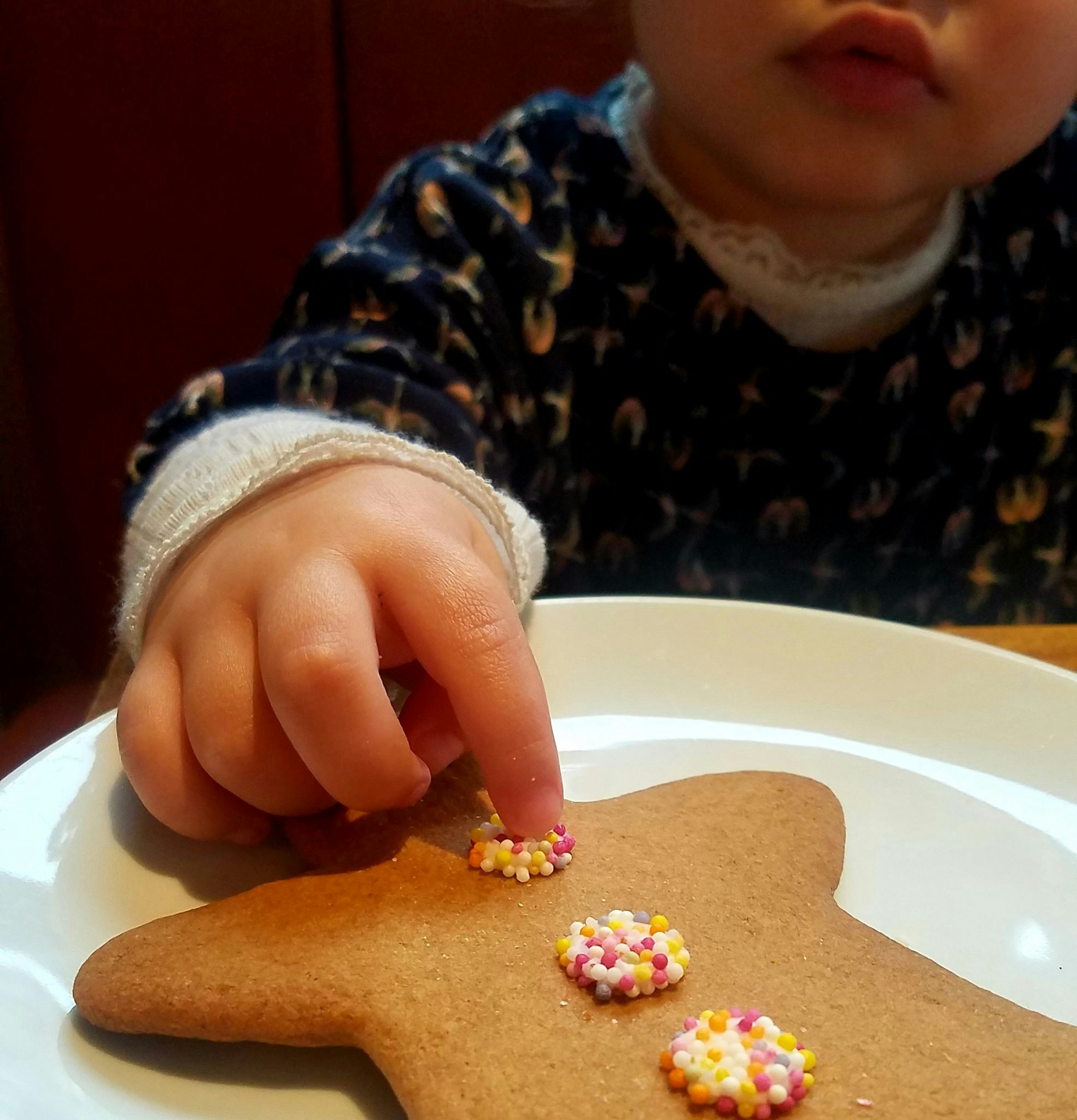
The shop and the magazines are still something of an experiment, but being present in more places, like the high street and the newsagents, makes sense in terms of the mission to get people to code, says Upton.
“As a licensing company, we're quite remote from our end users. The shop is an opportunity to get our hands on the slightly less technical people who may have heard of the product but don’t feel they can commit to buying without having seen it,” he says.
The shop works a little bit like an Apple store. It is a place where you can test out the devices, which range in price from £5 for a Raspberry Pi Zero to £34 for a 3B+. You can also get advice and buy Raspberry Pi-themed toys and coffee mugs.
Above all it is a learning opportunity for the Raspberry Pi foundation, he says. “We either convert [people who come to the shop] or find out why they are hard to convert. Businesses focus a bit too much on their customers, they should focus on non-customers. The non-customers are more interesting, they teach you more about what you are doing wrong.”
The shop is still loss making — it had a turnover of £10,000 in the first month and made a loss of £2000 — but Upton is determined to see these numbers move into the black. Despite being a charity, the store is not meant to be a loss leader, and if he can get it to pay its own way, he’d like to open another nine or so outlets around the UK, in places like Oxford, Bristol and Edinburgh. “10 stores is not too many, but enough to be reaching meaningful numbers of people,” he says.
Upton, dressed in the ‘casual dad’ gear of a button down shirt and roomy jeans, is still very much a hands-on engineer. He runs the 50-person engineering side of the Raspberry Pi foundation — David Cleevely is chairman — and clearly still likes to get his hands dirty with designing the hardware. “The time will come when my contribution will be more of a hindrance. I hope I will know when to stop,” he says. On the way to the café we have taken a small detour to take a new prototype to be resoldered at a small engineering company.
I’ve hired the rolodex now. I could hire maybe another 10 people — if I relaxed the rule about nice.
Upton still hires everyone himself, and, in fact, won’t hire people he doesn’t already know, which is starting to make it more difficult to expand the team. “I’ve hired the rolodex now. I’ve pretty much hired everyone I know,” he laughs. Upton says he hires for “smart and nice” and adds: “I could hire maybe another 10 people — if I relaxed the rule about nice.”
The measure of success for Upton is whether he is managing to get more people interested in coding. Raspberry Pi’s first, very specific mission was to increase the number of people applying to study computer science at Cambridge University.
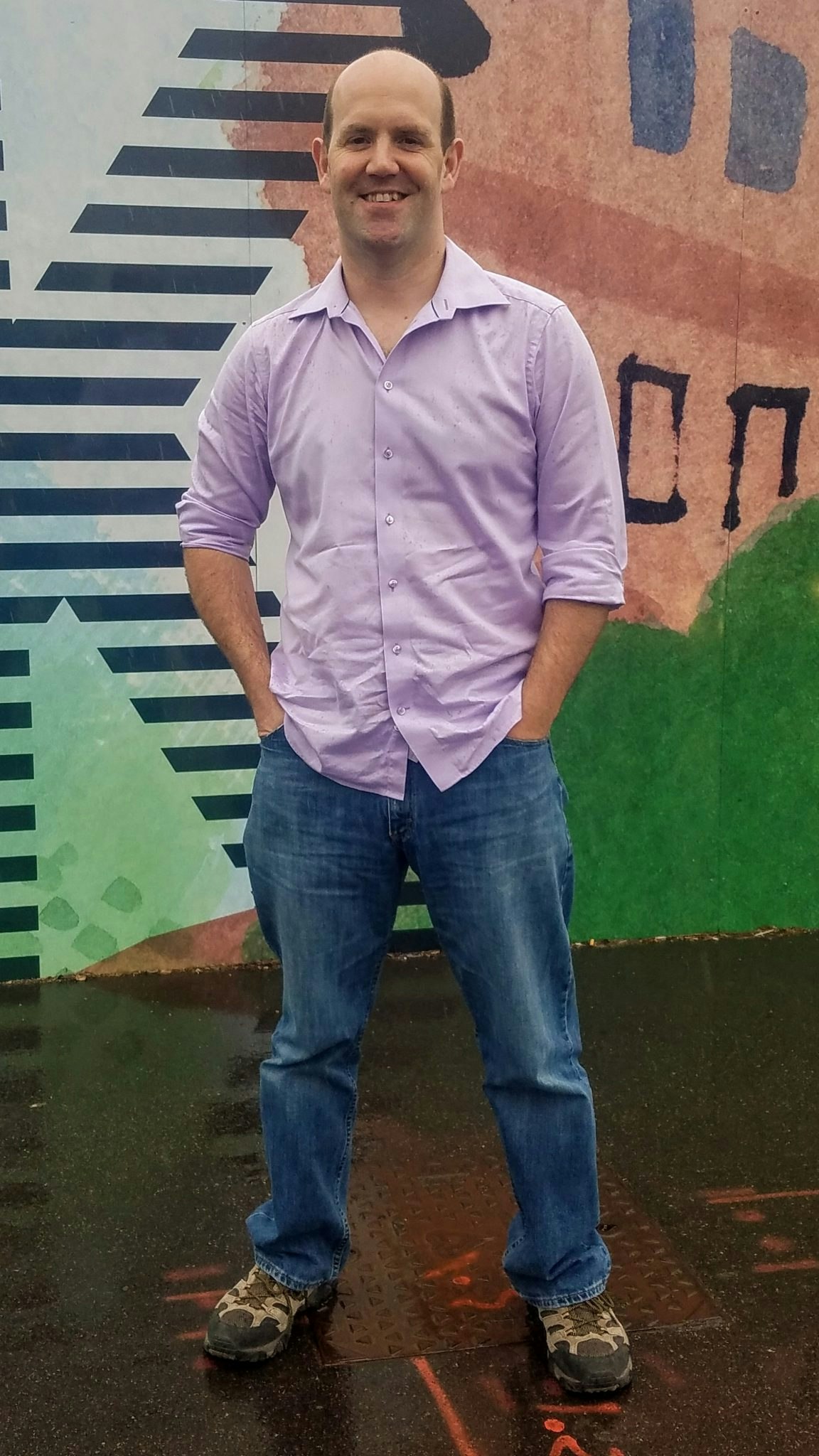
In 2008 Cambridge — and the rest of Britain — was seeing catastrophically declining interest in computer science.
“In 1999 there were 600 applicants for 90 places. It went down to 200 applicants by 2008 and we thought: ‘We’re going to die’. This was Turing’s university, Maurice Wilkes’ university, and we couldn’t find enough people,” says Upton. “And if it was hurting us, we thought, it must be hurting other people a lot more.”
Upton lives and breathes the history of the British computing industry. On the way to the café, driving down the country lanes outside Cambridge, Upton points out Swaffham Bulbeck, the birthplace of Arm, the chip design company that was sold to Softbank for £23.4bn in 2016 — and slows down a little to allow us to pay homage and reflect on past glories.
Upton himself is of the generation of coders who got into programming accidentally by messing around on their Sinclair ZX Spectrums in their bedrooms.
Those early, basic British computers were later swept away by more sophisticated US competitors. In many ways these were easier to use but, says Upton, they also made programming less accessible. As he describes it, “they removed the first two rungs of the ladder,” for beginning to code. These are the rungs that Raspberry Pi wants to put back in place, giving kids something to mess around with in their bedrooms again.
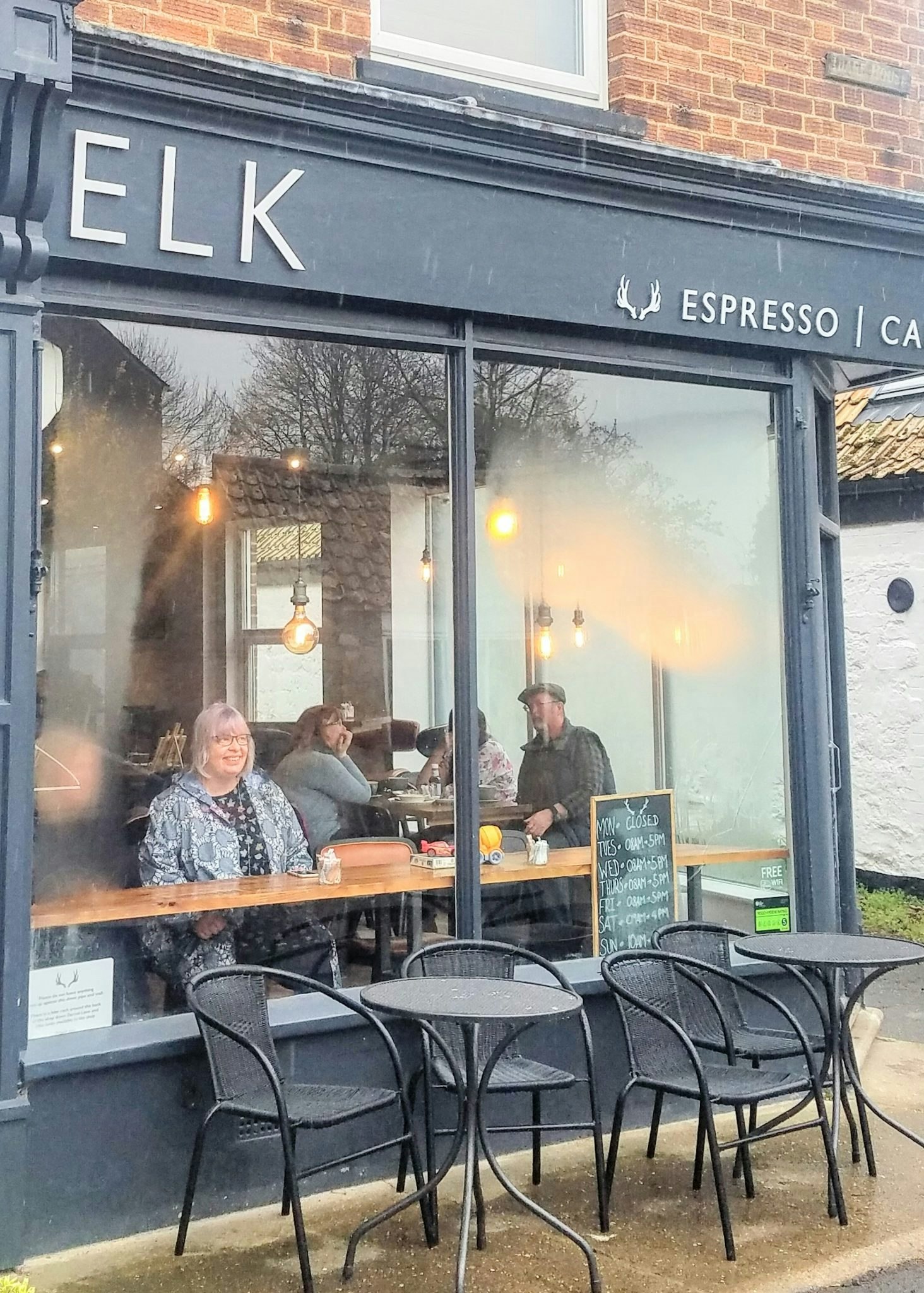
Part of the mission at least has been realised, Upton says. Last year there were 1100 applicants for the Cambridge computer science course. Might this not just be people realising that machine learning graduates can earn a seven-figure salary, I suggest. But Upton believes the applicants are more than just “meal ticket kids”.
“It is not all [down to] us, but I understand that when they are asked ‘How did you get into computing?’, they all say Raspberry Pi and robotics,” he says.
In terms of the broader mission, he’s proud of the fact that Code Club, which runs courses for 9 to 13-year-olds, is attracting more girls into computing. Nearly half the participants are female.
“I don’t have it broken down by age, but if we can get that to be nearly 50 per cent of the 13-year-olds, you are probably over the hump at that stage.”
Beyond that, there are other goals, too, that are perhaps less related to the charity and which Upton only hints at. He’s clearly very tickled that his scrappy little machine is starting to be a force in the PC market.
He’s probably one of the few European hardware manufacturers that doesn’t have to worry about the cost pressures of competing with Asian rivals. At £5 a piece — not far off the price of one of the Elk lattes — the Raspberry Pi Zero is hard to undercut. And as for breaking into the US...
“We’ve kind of done that. It’s our biggest market,” shrugs Upton. The two biggest worries of a European hardware company have been ticked off the list. And Upton may play the philanthropist dad, but he has a steely, ambitious side too.
It's kind of cool that we are doing it from a site that has pictures of kids and robots all over it. I kind of want to see how far I can take that,
“We think of ourselves as a PC company, and the PC market is 260m units a year. We do around 6m units, so we have a 2% share. We’d like the rest of the 98%,” he says.
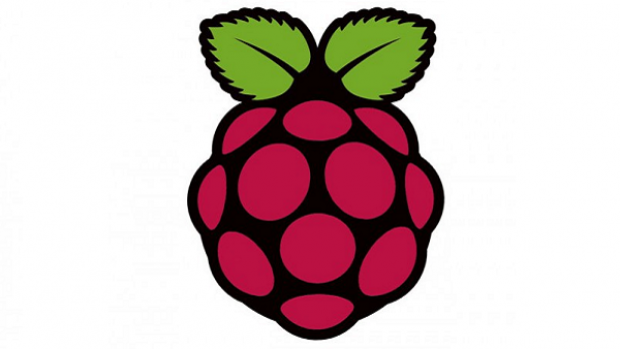
“Really, all of it?” I ask with a laugh.
“Well...half,” says Upton. He’s not laughing.
He says he is thinking about whether to make the kid-focused website slightly more grown-up looking to appeal to the increasing number of business buyers. “But it's kind of cool that we are doing it from a site that has pictures of kids and robots all over it. I kind of want to see how far I can take that,” he says.
Aphra peeks out from under the table and blows a raspberry. It feels like, metaphorically, her father is doing the same to the PC industry.
